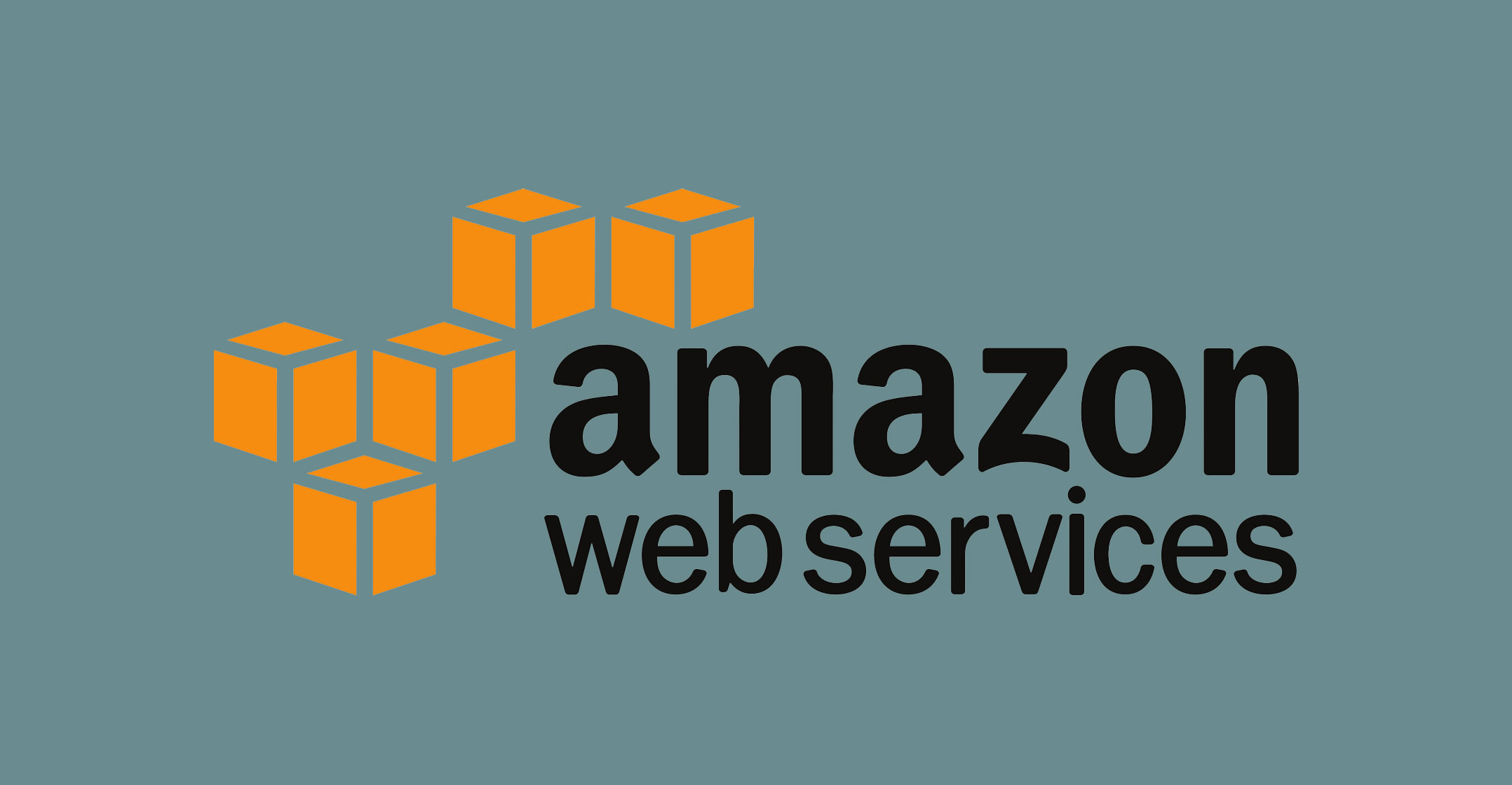
Amazon Web Services, the cloud division of Amazon.com, may build data centres in South Africa, according to a report published on Sunday.
The company plans to switch on an “AWS Direct Connect” service in Johannesburg and Cape Town this week, a prelude to possibly putting down its own data centre infrastructure in South Africa, the Sunday Times reported.
The Direct Connect service will allow local companies to establish a dedicated network connection to Amazon Web Services for the first time, the newspaper said, quoting the company’s vice president and global head of infrastructure, Peter Desantis.
“Having AWS Direct Connect in the country allows customers based in South Africa to have dedicated, reliable and high-bandwidth connectivity to the Amazon Global Network, bypassing the public Internet,” Desantis reportedly said.
He told the newspaper that it is only a matter of time before it opens its own data centre facilities in the country.
“Across South Africa, we need to do quite a lot of work to get that infrastructure in place. But we’re excited because we think there’s a lot of business and growth in South Africa and it’s a matter of how quickly we can figure it out.”
Many industry players had expected Amazon Web Services to make an announcement about investment in local infrastructure at the AfricaCom trade show in Cape Town last month, but this didn’t happen.
Desantis’s remarks come after Amazon Web Services’ biggest global rival, Microsoft, announced it would build Azure data centres, also in Johannesburg and Cape Town.
Microsoft said in May that it would build a local Azure presence.
Microsoft Cloud
“We are announcing for the first time that the Microsoft Cloud will be delivered directly from Africa with data centres in Johannesburg and Cape Town, with initial availability of our cloud technologies in 2018,” said Julia White, corporate vice-president for Azure and Security at Microsoft, at the time.
The first cloud technologies to be made available to local businesses and consumers through the data centres are Azure, Office 365 and Dynamics 365.
Microsoft did not say where it was building the Azure facilities. It also did not disclose the level of investment it was making. — (c) 2017 NewsCentral Media




